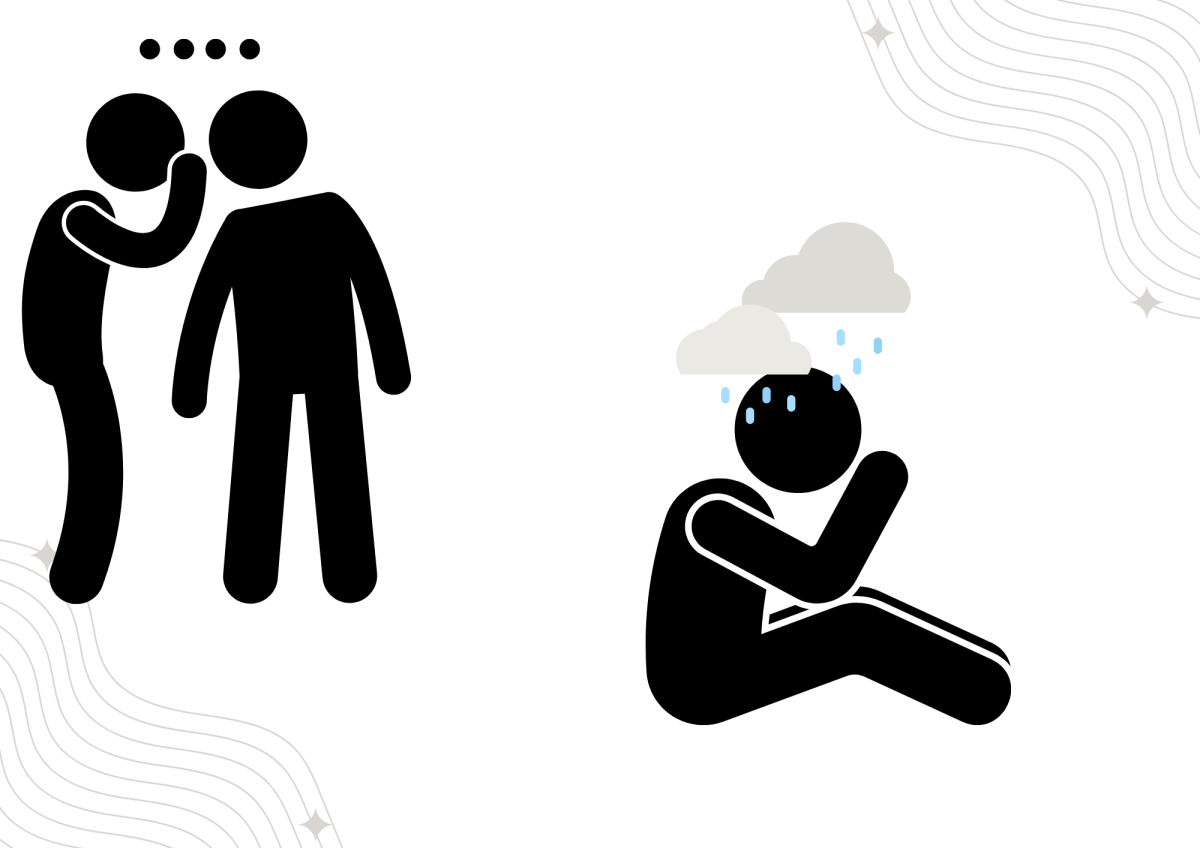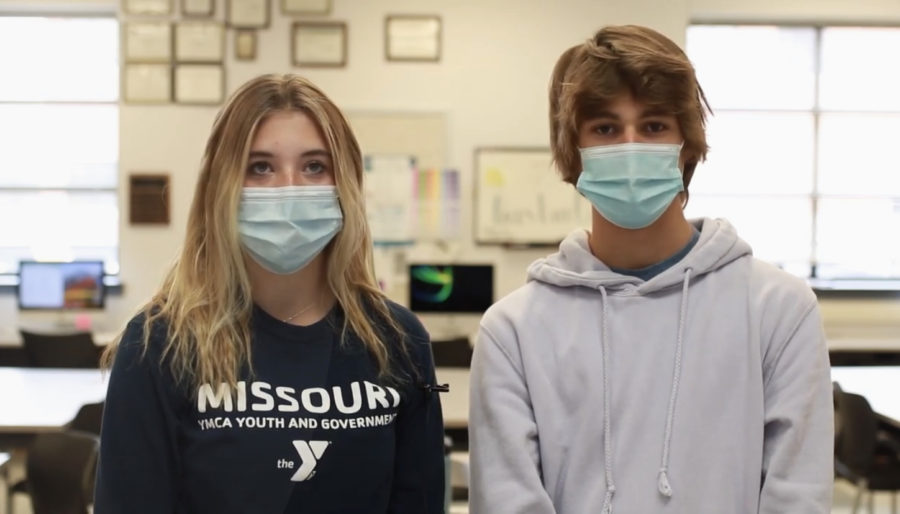Mental Health Issues
Howell counselors are noticing an increase in mental health issues.
“I have seen a huge increase in mental health issues, especially anxiety, “ counselor Jennifer Lowrey said.
Environmental factors can increase the epidemic of mental health issues among today’s youth. According to The Journal of Preventive Medicine, “better behavioral outcomes were associated with higher intake of fresh fruits and leafy green vegetables.”
Lowrey said, “Mental illness can be caused by poor nutrition, infections, as well as neglect, abuse and trauma.”
A number of environmental exposures can produce neurobehavioral effects, including lowered IQ, shortened attention span, and increased frequency of antisocial behavior. For example the Journal of Physiology and Behavior states, “this pattern is best described for children exposed to lead early in life, but a similar pattern is seen upon exposure to polychlorinated biphenyls and methylmercury.”
Another environmental factor, sleep, may also play an important role in teen health.
Sleep disturbance can manifest into depression.
“This approach is suggested by insomnia’s high comorbidity with depression, by the emerging indications that sleep disturbances may play a causal role in the onset of many (but not all) depressive episodes,” Health And Human Services.
Educational Support counselor Rhonda Wurm considers sleep to be a pressing issue among students.
“I commonly ask about sleeping, eating, and exercising and talk about the relationship of healthy practices regarding taking care of self and a healthy mind,” Wurm said.
Wurm believes students can improve mental health.
“We are on the right path. Helping teenagers understand mental health, the brain and impact of past trauma, stress, how to use coping skills, and the healing power of positive relationships and feeling safe. Teenagers are recognizing when they need help or a friend needs it, and they are acting on that. That takes courage!” Wurm said.
Wurm does the following to help students.
“I would really listen to them. I might also try to help with problem-solving, invite them to a group, or connect them to services they need,” Wurm said.
To help prevent mental illness, one must get proper exercise, good nutrition, proper sleep, limit social media, toxic exposures, and talk with a professional or trusted adult if they need help.



































